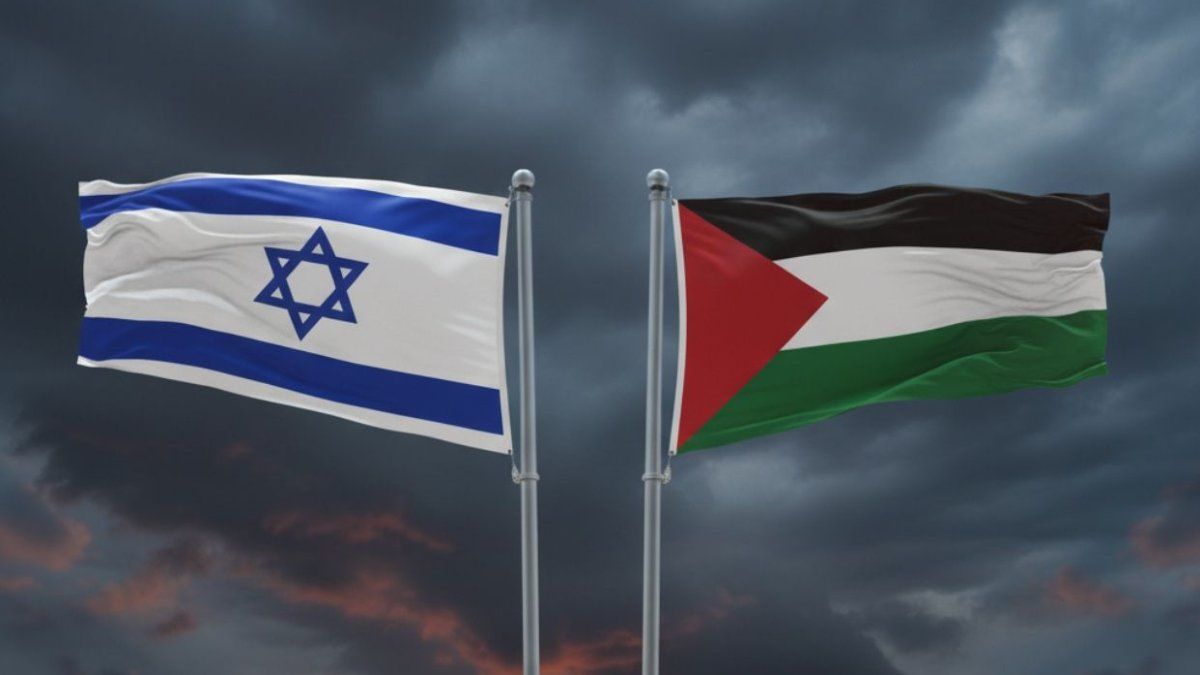While the army in Ukraine is suffering a heavy defeat, Russia is at least enjoying success at home. The Kremlin party wins the regional elections – albeit without any real competition.
Accompanied by massive allegations of manipulation, the Kremlin party United Russia has, as expected, achieved success in regional elections. All 14 incumbent governors who put themselves to the vote won, as the state news agency TASS announced on Monday, citing the central election commission.
In the elections to various city parliaments, more than 80 percent of the votes went to United Russia. In view of the harsh measures taken by the Russian judiciary against members of the opposition, it was difficult to speak of a real mood test.
Kremlin spokesman Dmitry Peskov emphasized the day after the three-day vote that the results could also be seen as a sign of approval for Russia’s “special military operation” in Ukraine. “That is also a credit to the president,” he said of United Russia’s successes in the first elections since the invasion of neighboring Ukraine more than six months ago. But real opponents of the war were not even allowed to vote from the outset.
Little interest in the elections
Regional heads, local parliaments and district councils were newly appointed in more than 80 regions. In total there were around 4700 elections at different levels. The head of the Russian republic of Buryatia in Siberia, Alexey Zydenov, achieved the highest result among the governors. In the end, he officially got 86.23 percent of the votes. The most modest result from the Kremlin’s point of view was delivered by Alexander Brechalov with an official 64.38 percent in the Udmurtia republic on the Volga. The independent election observers from the Golos organization, for example, listed numerous signs of fraud while the vote was still ongoing.
Apart from that, however, interest in the elections remained relatively low. In the eyes of many observers, even more than in the past, the result was certain from the start. A good six months after the start of the war, the opposition critical of the Kremlin has almost entirely emigrated abroad – or been arrested. Even the otherwise very active team around the imprisoned Putin opponent Alexej Navalny made little effort this time to influence the outcome of the election in their favor.
Navalny’s “Smart Voting” strategy
Navalny did advertise his “smart voting” strategy from the prison camp last week. This stipulates that citizens in their constituency vote for the most promising candidate who does not belong to the Kremlin party. Later, however, the voting results in the individual regions were not even worth a single comment for Navalny.
In any case, the attention of most observers – whether close to the Kremlin or critical of the Kremlin – was then primarily focused on events in the neighboring country at the weekend. Under the pressure of the Ukrainian counter-offensives, the Russian troops there had to withdraw from the eastern Kharkiv region. This puts the so-called “special military operation,” which the Kremlin says the Russians indirectly confirmed with their ballot, in a crisis.
Source: Stern
David William is a talented author who has made a name for himself in the world of writing. He is a professional author who writes on a wide range of topics, from general interest to opinion news. David is currently working as a writer at 24 hours worlds where he brings his unique perspective and in-depth research to his articles, making them both informative and engaging.




